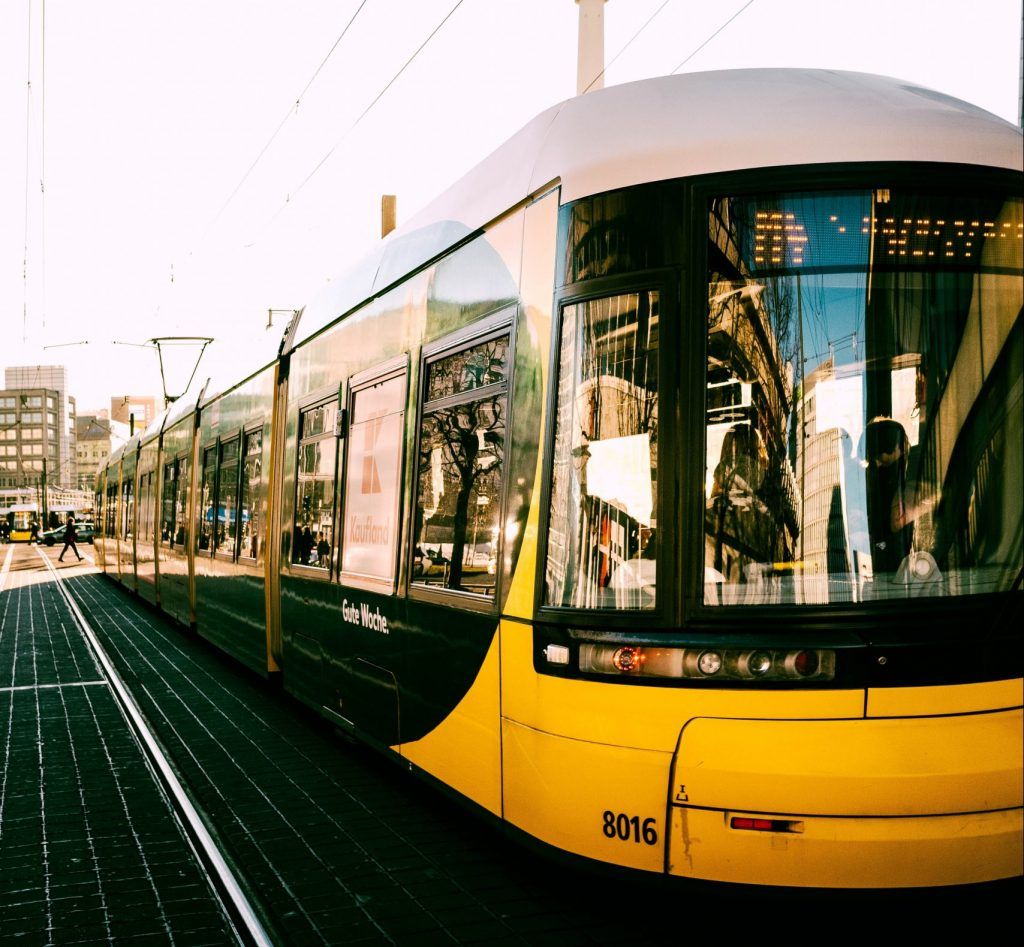Expected Outcome
Projects’ results are expected to contribute to all of the following expected outcomes:
- Development of next generation innovative effective public transport systems concepts using full electric buses (M3[1]) through e-BRT.
- Present efficient, economically viable and flexible, integrated solutions of e-BRT within existing mass transport networks (all modes) and with personal mobility solutions (walk, bike, powered two-wheelers, cars etc.).
- Develop innovative, integrated, infrastructure solutions combining charging, bus-stops and dedicated bus lines, for both urban and peri-urban road networks.
- Development of flexible bus transport, end-user solutions, for both urban use in dense city centres and for less populated peri-urban environments, meeting future user demands of convenience, efficiency, safety and security.
- Development of an international market for European e-BRT systems, in particular, in countries with low offer of public transport with challenging conditions (climate, environment, poverty, etc.).
- Reduction of greenhouse gas and pollutant emissions as well as traffic congestion, by demonstrating the developed technologies and advanced electrified Bus Rapid Transit (e-BRT) concepts in European and in developing countries’ partner countries cities.
Scope
The scale-up phase of clean and intelligent city buses should cover the most demanding routes, by switching the longest, fastest and busiest routes to electricity. Therefore, the investment in innovations in city buses (e.g. clean propulsion) can be optimized through BRT systems, as the operations can be planned, mileage is known and energy requirements can be predicted on-board since the roads and distances are familiar. As such, revisiting the concept of BRT with new, enabling technologies and solutions offers a key opportunity to reduce the carbon footprint of the transport sector, particularly in cities.
Demonstration and testing in real operation are expected to be developed in four or five different European cities and at least one city in a partner country in a developing context either in Africa or in the region of Latin American and Caribbean countries. The demonstration activities should include mega-cities, larger/smaller cities and the link to peri-urban, inter-urban and sub-urban dwellings in order to afford complementary solutions in test and demonstrations. Zero tailpipe emission buses and their related infrastructure are expected to be applied in BRT lines, in different city contexts, together with the needed integration of e-BRT with other mass-public transport systems, and with personal mobility solutions. Solutions include both the physical vehicles, recharging infrastructure and the overall services offering.
Proposals are expected to address all the following:
- Electrification combined with automation and connectivity enablers[2], to optimize and validate the whole advanced BRT system.
- Operational concepts: increasing the capacity use rate; the average commercial speed; punctuality / regularity.
- Synchronization with other city transport modes[3]; service quality whilst reducing CO2 emissions, and cost per km/passenger.
- Replicability: use of the e-BRT technology under environmental, infrastructure and social conditions different from the European ones.
The focus of projects is expected to be on mass transport, full electric Bus Rapid Transit (e-BRT) systems using full size buses (M3). Vehicle, infrastructure and operational aspects have to be addressed, considering charging systems for stationary, opportunity[4] and Electric Road Systems (ERS) for buses (wireless, contact, SRS etc.) and strategies (IMC, Opportunity at stops or terminal, offline charging etc.).
Proposals are expected to take into consideration the transport operators’ and transport authorities’ needs for financial viability, effectiveness, flexibility, environment conformance, safety and security. The impact of e-BRT technologies on bus performance and on the frequency of necessary repair and maintenance work, the life duration of the bus, and the costs that have to be covered at the end of the life (recycling; upgrading etc.) might have a huge influence on the financial side and should, therefore, also be covered. The impact of the solutions implemented in the different cities in terms of GHG emissions and traffic should also be quantified. Guidelines for regional and international replication conditions to reach out a larger number of cities and countries are expected to be developed.
This topic requires the effective contribution of Social Sciences and Humanities (SSH) disciplines and the involvement of SSH experts, institutions as well as the inclusion of relevant SSH expertise, in order to produce meaningful and significant effects enhancing the societal impact of the related research activities. Indeed, crosscutting issues related to socio-economic, gender, socio-cultural, and user aspects need to be addressed with the development of e-BRT systems in cities, taking into account location-specific characteristics of the implementation area, such as local policy targets, population density, and cultural matters. This will help at a better understanding and greater acceptability of such systems as well as socioeconomic benefits.
Deadline
26 April 2022







Leave a Reply